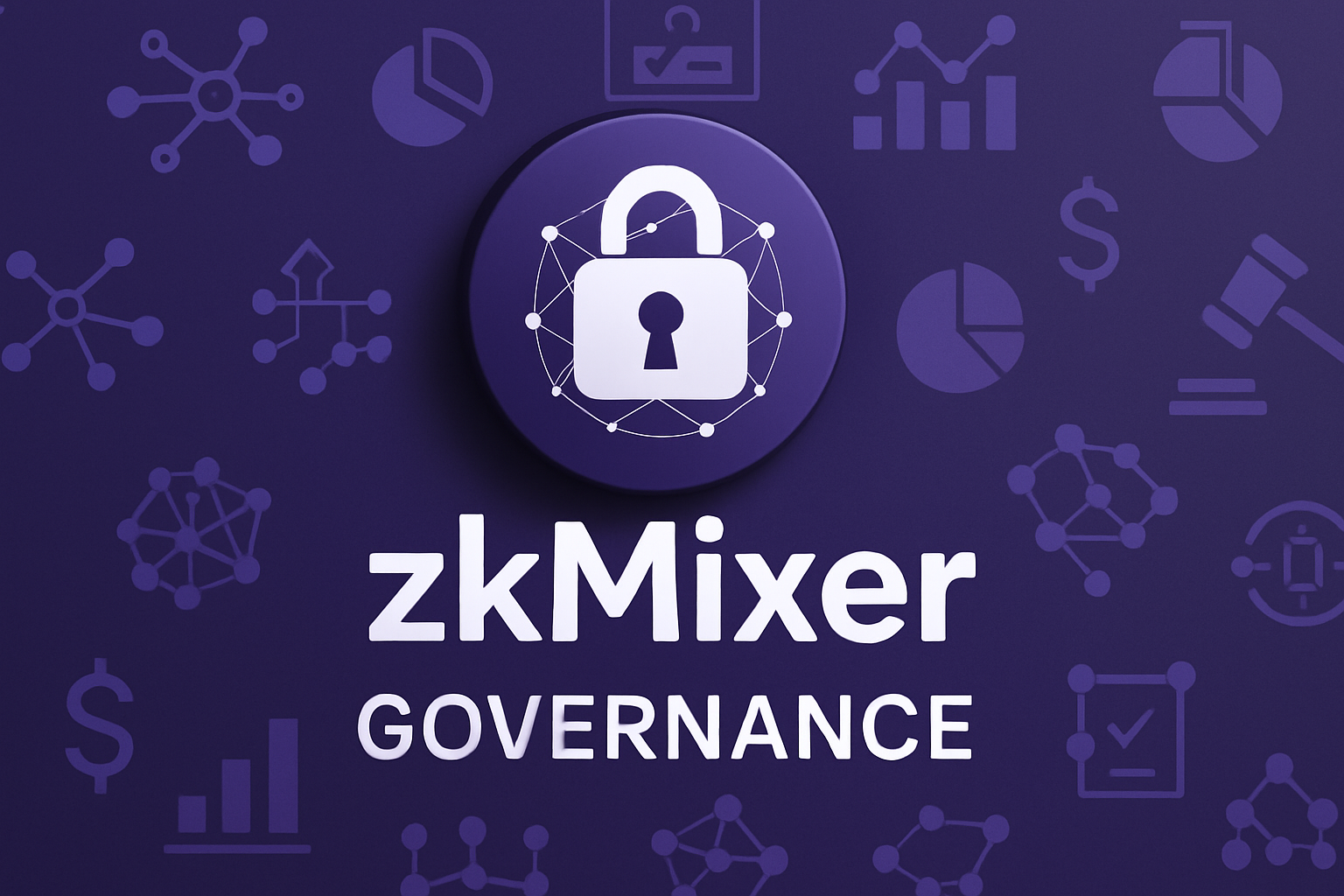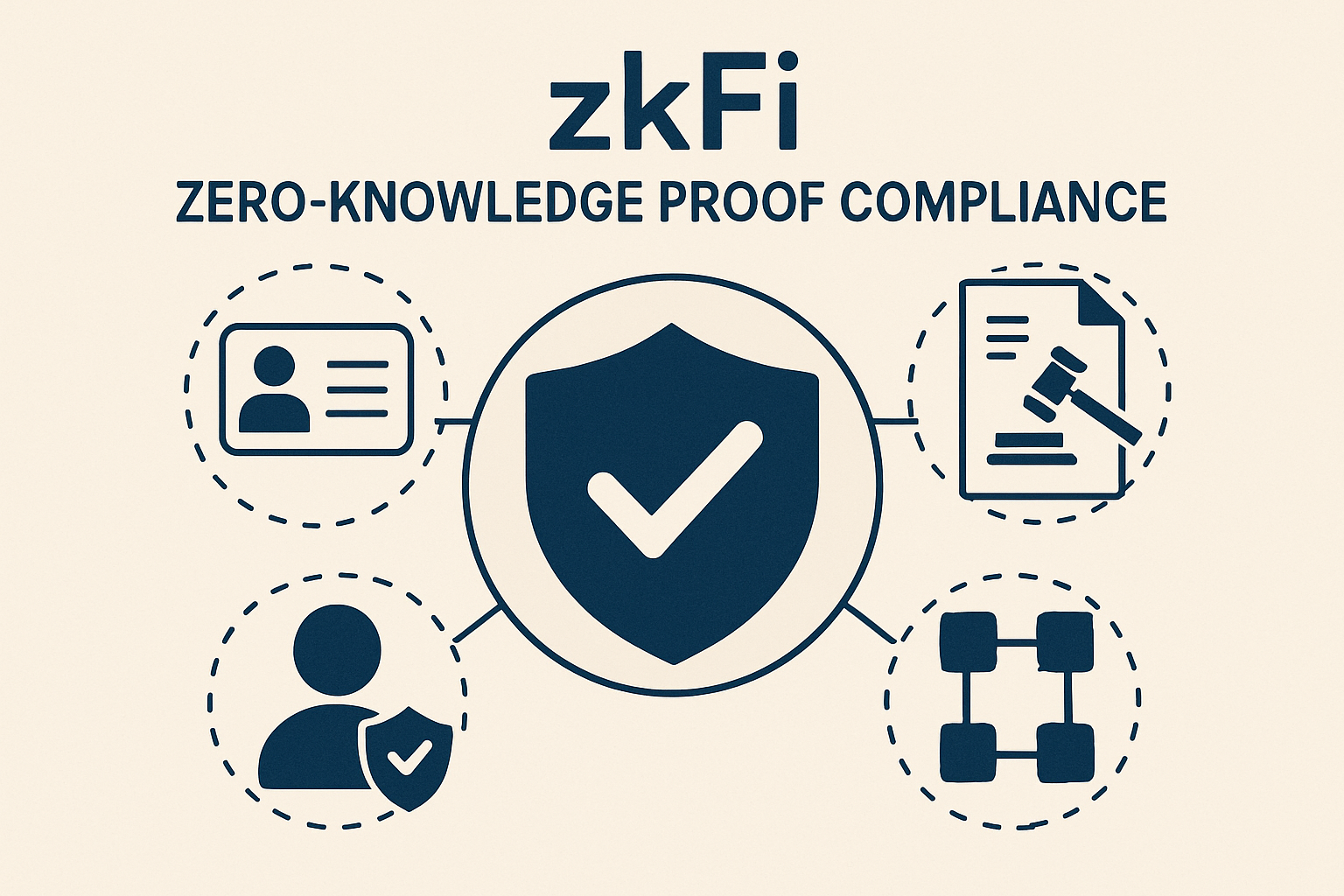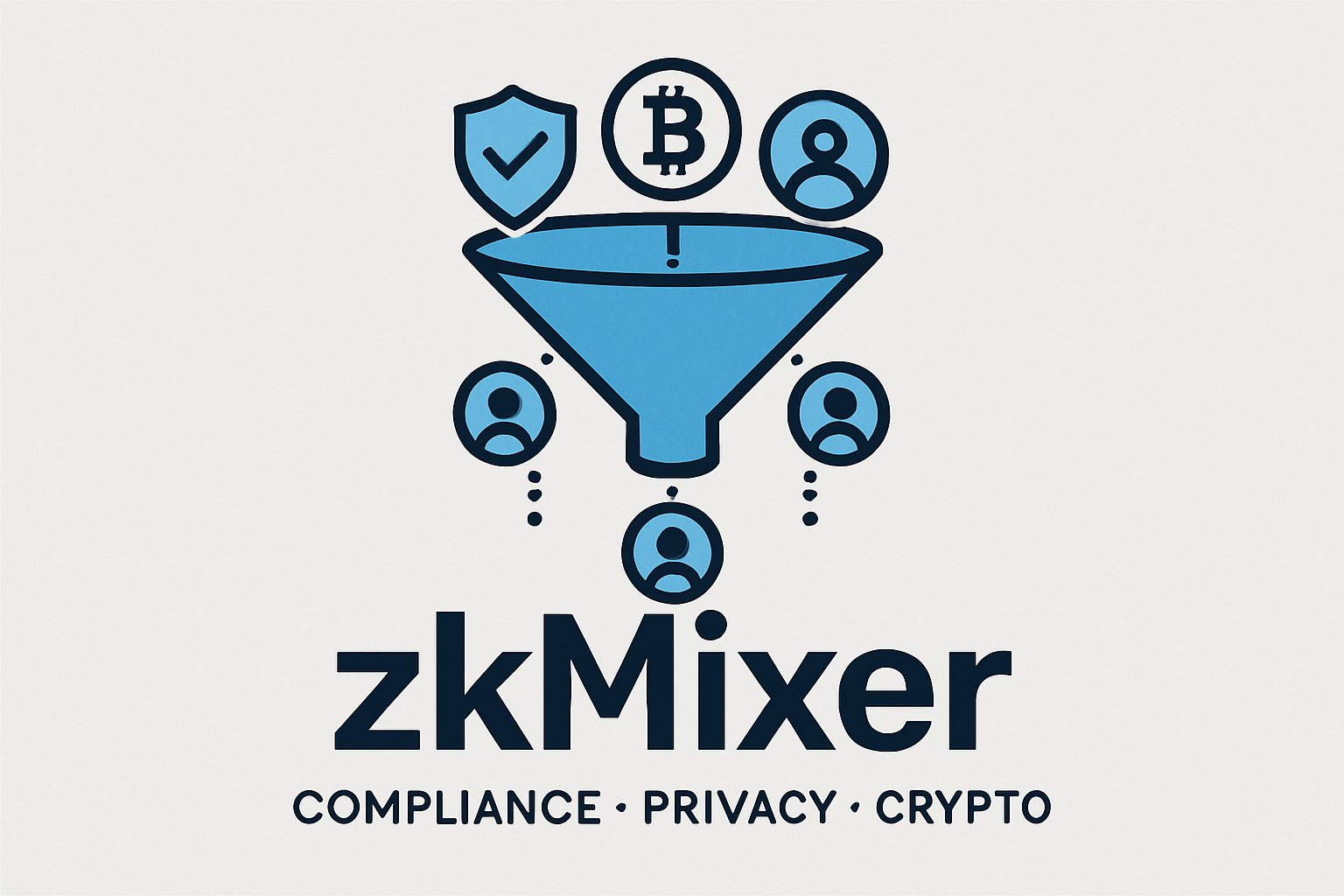
In today’s digital asset landscape, privacy is a core value for many participants, yet institutional investors are drawing a clear line: privacy must not come at the expense of compliance. The emergence of compliance-friendly crypto mixers reflects this evolution, as large funds and regulated entities seek to reconcile transaction confidentiality with rigorous anti-money laundering (AML) and counter-terrorist financing (CTF) requirements. This demand is reshaping the mixer ecosystem and catalyzing a new generation of privacy solutions that cater to both security and regulatory assurance.

Why Privacy Alone Isn’t Enough for Institutions
Traditional cryptocurrency mixers have long served as tools to obscure transaction trails, offering users a layer of anonymity. However, this very feature has put them under intense scrutiny from global regulators. Agencies such as the U. S. Department of the Treasury’s Financial Crimes Enforcement Network (FinCEN) now classify mixers as money transmitters, subjecting them to strict registration and reporting rules. The landmark penalty against Helix, a $60 million fine, sent an unmistakable message about the risks of operating outside compliance frameworks (source).
This regulatory climate has made it clear: for institutional investors managing client assets or operating under fiduciary duty, using unregulated mixers is simply untenable. The reputational risk, potential for sanctions violations, and threat of asset seizure far outweigh any privacy benefits offered by non-compliant solutions.
The Rise of Compliance-Friendly Crypto Mixers
To address these challenges, innovative mixer designs are emerging that embed regulatory safeguards without abandoning privacy. Solutions like zkMixer introduce governance controls within mixing pools, allowing suspicious deposits to be frozen or refunded based on community or administrator consensus (read more here). This structure supports real-time monitoring while still leveraging cryptographic techniques to protect user identities.
Another advancement comes from protocols such as zkFi, which integrates zero-knowledge proofs into multi-chain transactions. This approach enables privacy-preserving transfers while simultaneously supporting AML checks, a crucial feature for institutions that must demonstrate defensible compliance programs (details here). By acting as middleware between wallets and blockchains, zkFi-type solutions allow developers to implement privacy without deep expertise in cryptography or regulatory law.
Key Features Institutional Investors Seek in Regulated Crypto Mixers
-

Robust AML and KYC Integration: Institutional investors require mixers to implement comprehensive anti-money laundering (AML) and know-your-customer (KYC) procedures, ensuring all users are verified and transactions are monitored for suspicious activity. This is essential to comply with global regulatory standards and avoid association with illicit finance.
-

Regulatory Registration and Oversight: Compliance-friendly mixers must be registered with relevant authorities such as FinCEN in the U.S. and operate under clear regulatory frameworks. This provides legal assurance and reduces the risk of enforcement actions or penalties.
-

Configurable Governance and Transaction Monitoring: Solutions like zkMixer offer customizable governance, enabling institutional investors to set rules for transaction monitoring, refunds, or confiscation of suspicious funds. This flexibility allows for real-time risk management and regulatory alignment.
-

Zero-Knowledge Proof Privacy with Compliance: Protocols such as zkFi utilize zero-knowledge proofs to preserve transaction privacy while enabling compliance checks. This technology allows institutions to maintain confidentiality without sacrificing regulatory requirements.
-

Auditability and Transparent Reporting: Institutional investors look for mixers that provide detailed, auditable transaction records and transparent compliance reporting. This ensures accountability and facilitates regulatory audits or internal reviews.
-

Sanctions Screening and Risk Controls: Mixers must integrate robust sanctions screening tools to block transactions involving sanctioned entities or high-risk jurisdictions, aligning with requirements from bodies like the U.S. Treasury and OFAC.
-

Secure Custody and Asset Segregation: Secure custody solutions and clear asset segregation are crucial for safeguarding institutional funds, reducing counterparty risk, and ensuring compliance with investor protection regulations.
The Regulatory Imperative: US Treasury’s Mixer Rule and Global Trends
The regulatory environment continues to tighten around mixers, especially following the U. S. Treasury’s recent designation of mixing transactions as being of primary money laundering concern (see analysis). This has triggered heightened enforcement against non-compliant services and prompted developers to incorporate AML/KYC mechanisms directly into their platforms.
Globally, major jurisdictions are converging on similar standards, demanding that DeFi protocols with mixer-like functionality implement robust identity verification, transaction screening, and reporting capabilities (learn more here). As a result, regulated mixers for institutions are fast becoming a prerequisite for accessing sophisticated crypto markets without incurring legal or reputational risk.
Amid this regulatory tightening, the distinction between privacy and secrecy has never been more relevant. Institutions are not seeking to evade oversight; rather, they want assurance that their legitimate transactions will not expose sensitive strategies or counterparties to unnecessary risk. Compliance-friendly crypto mixers offer a path forward, providing both institutional crypto privacy and defensible regulatory positioning. The new generation of mixers integrates advanced cryptography with operational transparency, ensuring that privacy features do not become a liability in the eyes of regulators.
What Institutional Investors Expect from Regulated Mixers
The bar for institutional adoption is high. Beyond basic AML/KYC protocols, regulated mixers must deliver continuous monitoring, auditability, and rapid response to regulatory inquiries. Features such as configurable governance (to freeze or refund suspect deposits), transparent reporting interfaces for compliance teams, and seamless integration with existing custody solutions are now standard requirements.
Key Benefits of Compliance-Friendly Crypto Mixers
-

Regulatory Assurance: Compliance-friendly mixers, such as those integrating AML/KYC protocols, provide institutional investors with confidence that their transactions adhere to evolving global regulations, including the U.S. Treasury’s latest “mixer rule.”
-

Enhanced Transaction Privacy with Legal Safeguards: Solutions like zkMixer and zkFi leverage zero-knowledge proofs, enabling privacy-preserving transactions while maintaining regulatory compliance and auditability.
-

Reduced Exposure to Illicit Activity: By monitoring mixer inputs and enabling governance controls (such as deposit confiscation for suspicious activity), compliance-friendly mixers help institutions avoid association with money laundering or sanctioned entities.
-

Institutional-Grade Security and Reputation Protection: Adopting mixers that meet compliance standards helps protect the institution’s reputation and minimizes risks of regulatory penalties, as highlighted by enforcement actions like the FinCEN penalty against Helix.
-

Facilitated Market Participation: Compliance-friendly mixers open the door for institutional investors to participate confidently in the digital asset market, balancing privacy needs with the requirements of asset managers, custodians, and regulators.
At the same time, these platforms must not compromise on security or usability. Zero-knowledge proof systems like those used in zkFi provide strong guarantees that transaction details remain confidential even as compliance checks are performed in the background. This dual capability, privacy plus regulatory alignment, is what sets modern regulated mixers apart from their legacy counterparts.
Balancing Innovation and Oversight: The Road Ahead
The future of institutional participation in digital assets hinges on continued innovation at the intersection of privacy and compliance. Regulators have made it clear that any service facilitating value transfer, especially those capable of obfuscating funds, will be held to high standards under existing AML frameworks (Merkle Science overview). Yet, as seen with zkMixer and zkFi, technological advances now make it possible to reconcile these demands without sacrificing core principles.
For institutions exploring exposure to cryptocurrencies or decentralized finance, the choice is no longer between privacy and legality. Instead, they can demand, and receive, solutions that respect both imperatives. As more funds allocate capital into digital assets, expect adoption of regulated mixers for institutions to accelerate, driving broader acceptance across compliant financial ecosystems.
Ultimately, the rise of compliance-friendly mixers signals a maturing market where safeguards are not an afterthought but a prerequisite for growth. Institutional investors are setting new expectations for how privacy should function within regulated frameworks, a trend likely to shape crypto infrastructure for years to come.






